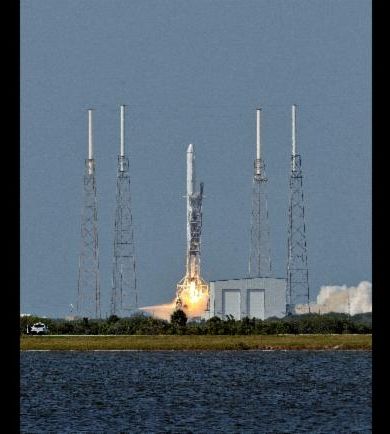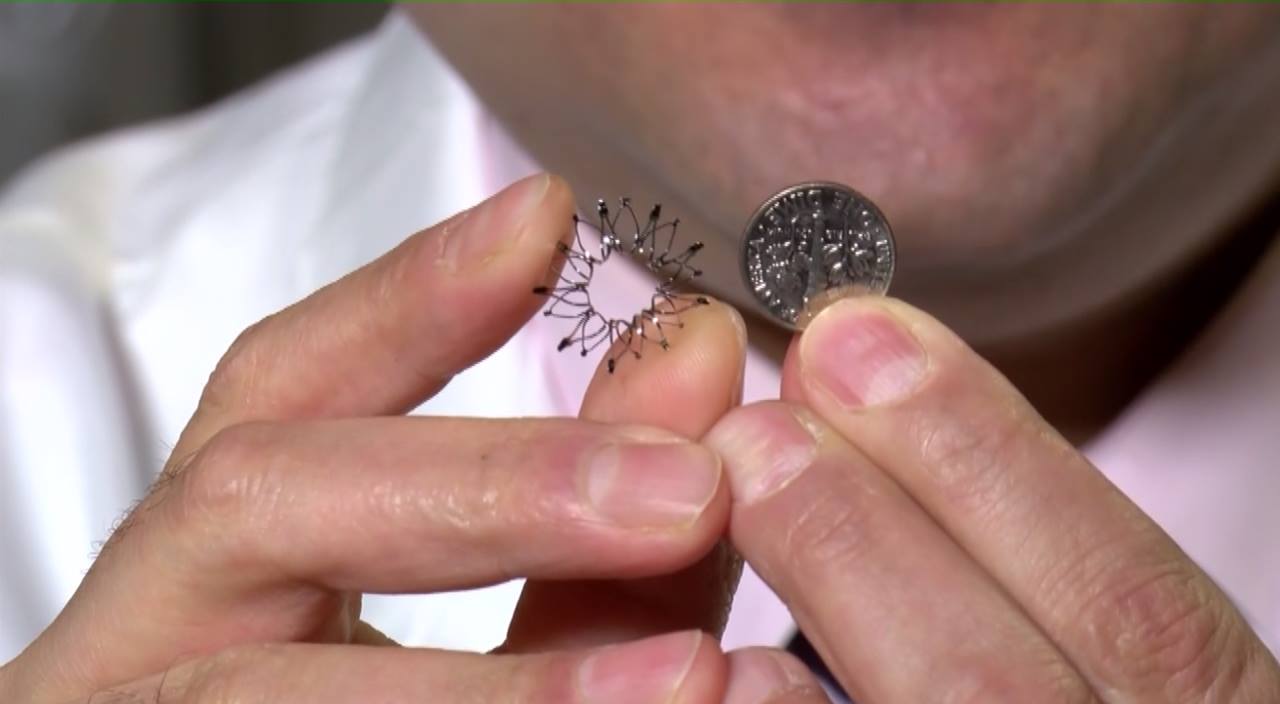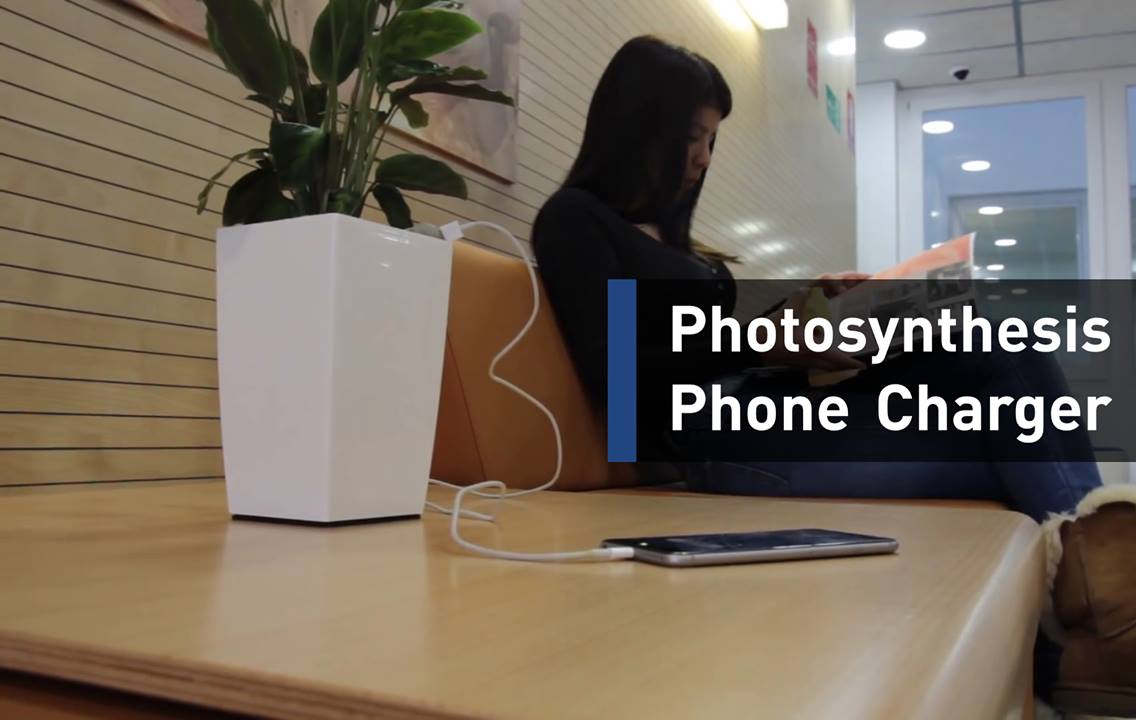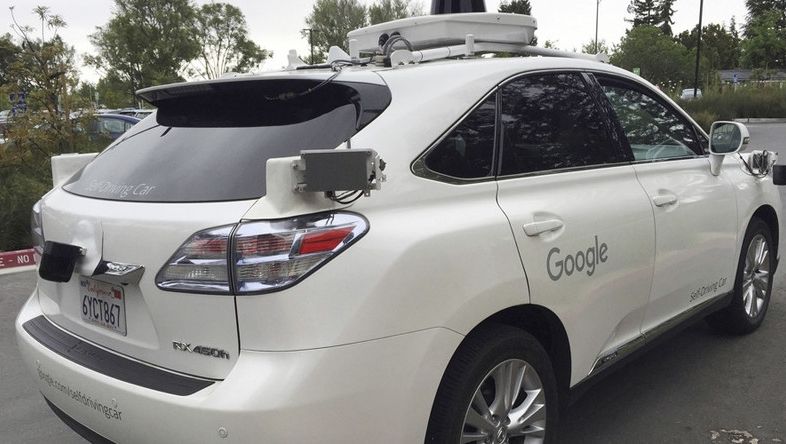Apr 27, 2016
If You Care About the Earth, Vote for the Least Religious Presidential Candidate
Posted by Zoltan Istvan in categories: energy, existential risks, genetics, geopolitics, policy, transportation
My new Vice Motherboard article on environmentalism and why going green isn’t enough. Only radical technology can restore the world to a pristine condition—and that requires politicians not afraid of the future:
I’m worried that conservatives like Cruz will try to stop new technologies that will change our battle in combating a degrading Earth
But there are people who can save the endangered species on the planet. And they will soon dramatically change the nature of animal protection. Those people may have little to do with wildlife, but their genetics work holds the answer to stable animal population levels in the wild. In as little as five years, we may begin stocking endangered wildlife in places where poachers have hunted animals to extinction. We’ll do this like we stock trout streams in America. Why spend resources in a losing battle to save endangered wildlife from being poached when you can spend the same amount to boost animal population levels ten-fold? Maye even 100-fold. This type of thinking is especially important in our oceans, which we’ve bloody well fished to near death.


















